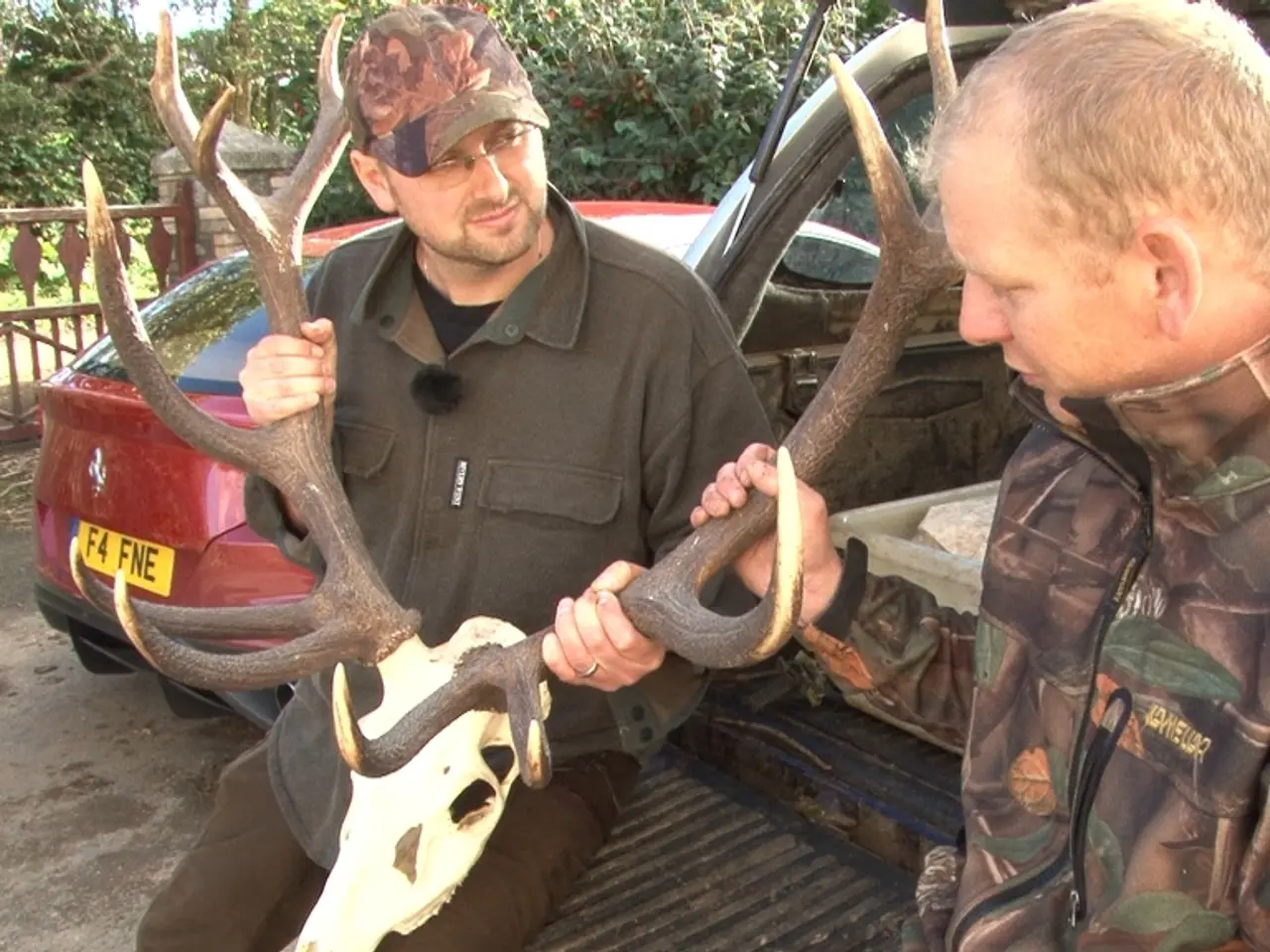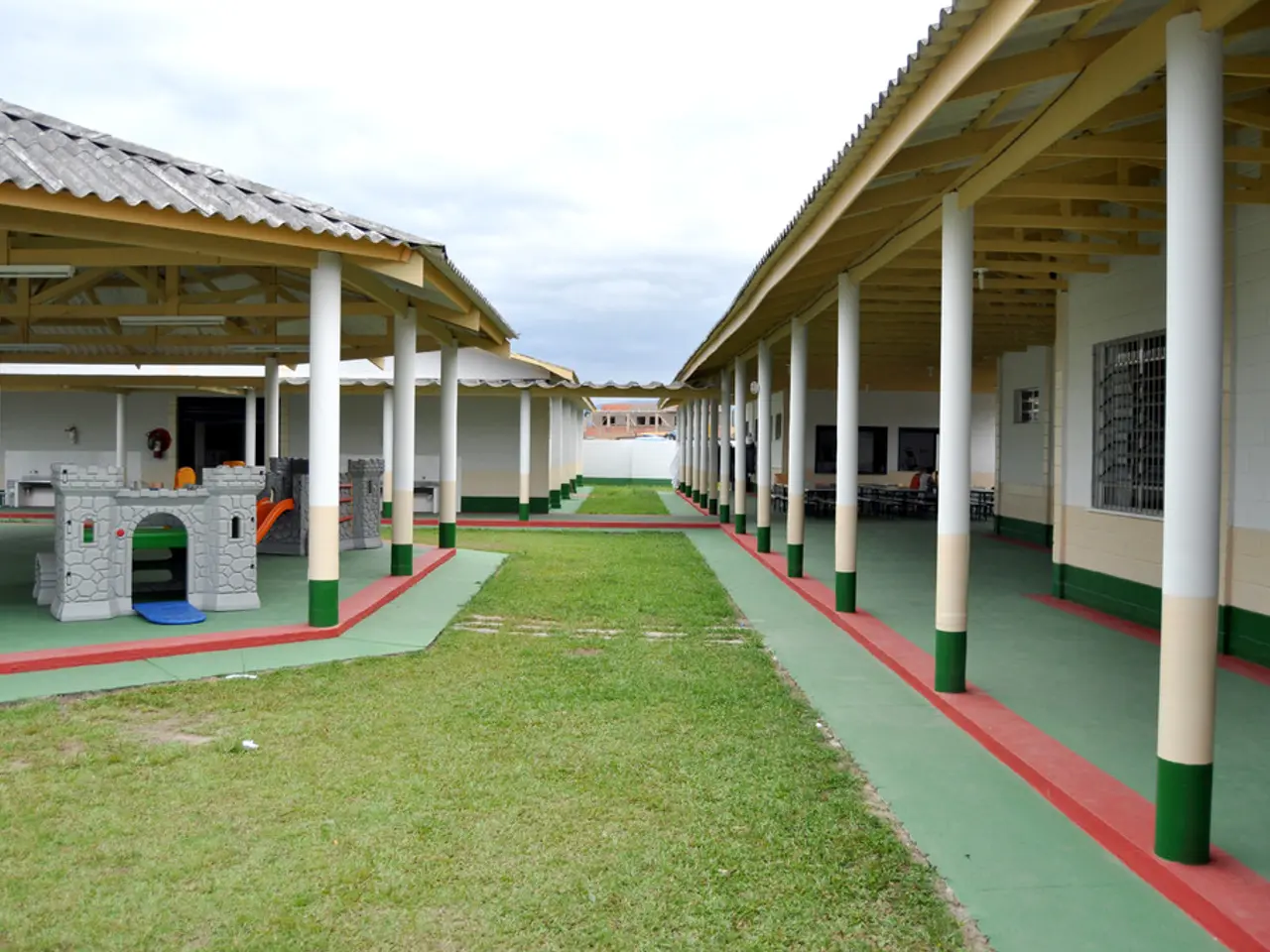Finnish reindeer enduring heatwave distress
In summer 2025, parts of Finland experienced an unprecedented heatwave, marking the longest heatwave since records began in 1961. The heatwave, which lasted up to 22 consecutive days in some regions, including Lapland, saw temperatures exceeding 30°C[1][4]. Lapland specifically recorded over 25°C for 17 consecutive days, a local heatwave duration record[5].
This extended heatwave had a significant impact on reindeer, a species native to the region and sensitive to temperature changes. The unusually high temperatures challenged reindeer well-being, potentially causing heat stress and disrupting their behavior and food availability[2]. Tourists and locals alike have noted the strain on reindeer during this period, highlighting concerns about animal welfare in an increasingly warming Arctic environment[2].
The Finnish Reindeer Herders' Association, chaired by Anne Ollila, reported that while not all reindeer have survived the heatwave, they did not die "en masse"[3]. However, some reindeer ended up in front gardens due to the heatwave, seeking shelter from horseflies and mosquitoes[1].
The Arctic city of Rovaniemi in Lapland, known as the official home of Santa Claus, reported a high temperature of 26 degrees Celsius during the heatwave[1]. The heatwave in Finland is unusual for the region, as it is typically known for its cold climate and snowy winters.
Climate change plays a critical role in the frequency of future heatwaves in Finland. Finland’s average warming rate is higher than the global average, especially due to its Arctic proximity where accelerated melting of snow and ice intensifies temperature rises[4]. The Finnish Meteorological Institute and climate experts indicate that such prolonged and intense heatwaves are expected to become more common in Finland and the broader Nordic region due to ongoing global warming trends[4][5].
The reindeer's difficulty in fleeing from predators such as wolves due to the heat is a potential consequence of the heatwave in Finland. The heatwave in Finland is another example of the negative impacts of global warming on wildlife.
In conclusion, the record-breaking heatwave in Finland has had a devastating impact on the reindeer population. With climate change accelerating, such prolonged and intense heatwaves are expected to become more common, posing a significant threat to the survival of reindeer and other Arctic wildlife.
- The prolonged heatwave, influenced by climate change, has raised concerns in the environmental science community regarding the future of Arctic fisheries, as reindeer play a crucial role in the ecosystem.
- Scientists are urging fisheries policymakers to consider the impacts of climate-change-induced weather patterns, like the recent heatwave, on reindeer and other species, to develop sustainable fisheries policies for Finland and the Nordic region.
- Weather-forecasting models should integrate climate-change data to provide more accurate and detailed predictions about extreme weather events like the summer 2025 heatwave, aiding in the conservation of Arctic species such as reindeer.








